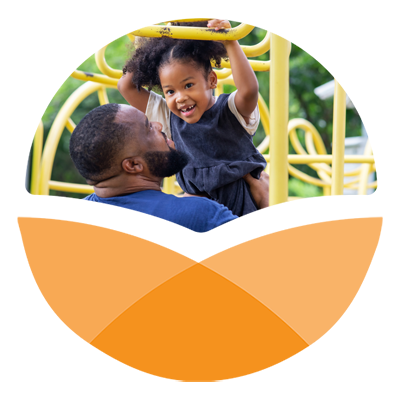
HOPE FAQs
Below are frequently asked questions about the trainings HOPE offers and positive childhood experiences. If you are looking for further information about the different trainings we offer please visit our Training and Technical Assistance tab. Any further questions you have that are not addressed below please email, HOPE@tuftsmedicalcenter.org.
Questions about HOPE Resource Offerings:
Yes! We LOVE to offering trainings to organizations and communities. We have a mix of public offerings (including online modules, a Train the Facilitator program, and a HOPE Champion program), as well as private training that can be tailored to your needs.
The majority of our offerings are virtual right now, including all of our public trainings. We do have capacity to do in person trainings if your organization is interested. Reach out if you’d like to learn more!
Questions about Positive Childhood Experiences:
There is a lot of overlap between these concepts. Generally, they are all sharing the same message of resilience. While the specific measures are slightly different, PCEs, protective factors, and benevolent childhood experiences all protect future adult health.
The HOPE framework can be integrated into the work you are already doing. The main components of the framework, assuming a strengths-based lens and promoting access to the Four Building Blocks of HOPE, can be used across sectors and staffing.
HOPE is not an EBP, though it is grounded in science and informed by evidence. HOPE is a framework that can be integrated into the work you are already doing.
Jennifer Jones of Prevent Child Abuse America (PCAA), was previously the Executive Director of the Wisconsin Children’s Trust Fund and Dr. Jeff Linkenbach of The Montana Institute, chose to include these 7 questions in the Wisconsin BRFS data set. They chose these questions based on the Positive Community Norms. They adapted the questions from Dr. Ungar’s Child and Youth Resilience Measure that were used by the World Health Organization.
We believe that having a PCE score does not tell you all you would want to know about the child and family in front of you. Asking questions about PCEs and families’ access to the Building Blocks of HOPE, however, can be an incredibly powerful way to help celebrate what is already going well while learning more about where families might want increased access to PCEs. There are many ways to open up conversations with children and families about how they access PCEs. You can use some of the options below:
o The seven questions from the BRFSS research.
o Alicia Lieberman’s Benevolent Childhood Experiences.
o One of the documents we have produced in collaboration with pediatricians, or through a narrative approach.
The overall “score” of this screening is not what is important. What is important is that people who support families are able to learn more about where families are already accessing PCEs, and where they might use some support in finding more.
Goal concordant care is a strengths-based approach to eliciting a family’s goals for their child’s well-being that promotes true joint case planning between a family and a provider. HOPE prioritizes the importance of developing a family-provider relationship that is grounded in a shared understanding of the family’s strengths. Utilizing the HOPE framework requires providers to engage families as partners in the work of creating more access to Positive Childhood Experiences for their child in ways that feel culturally relevant and meaningful.
